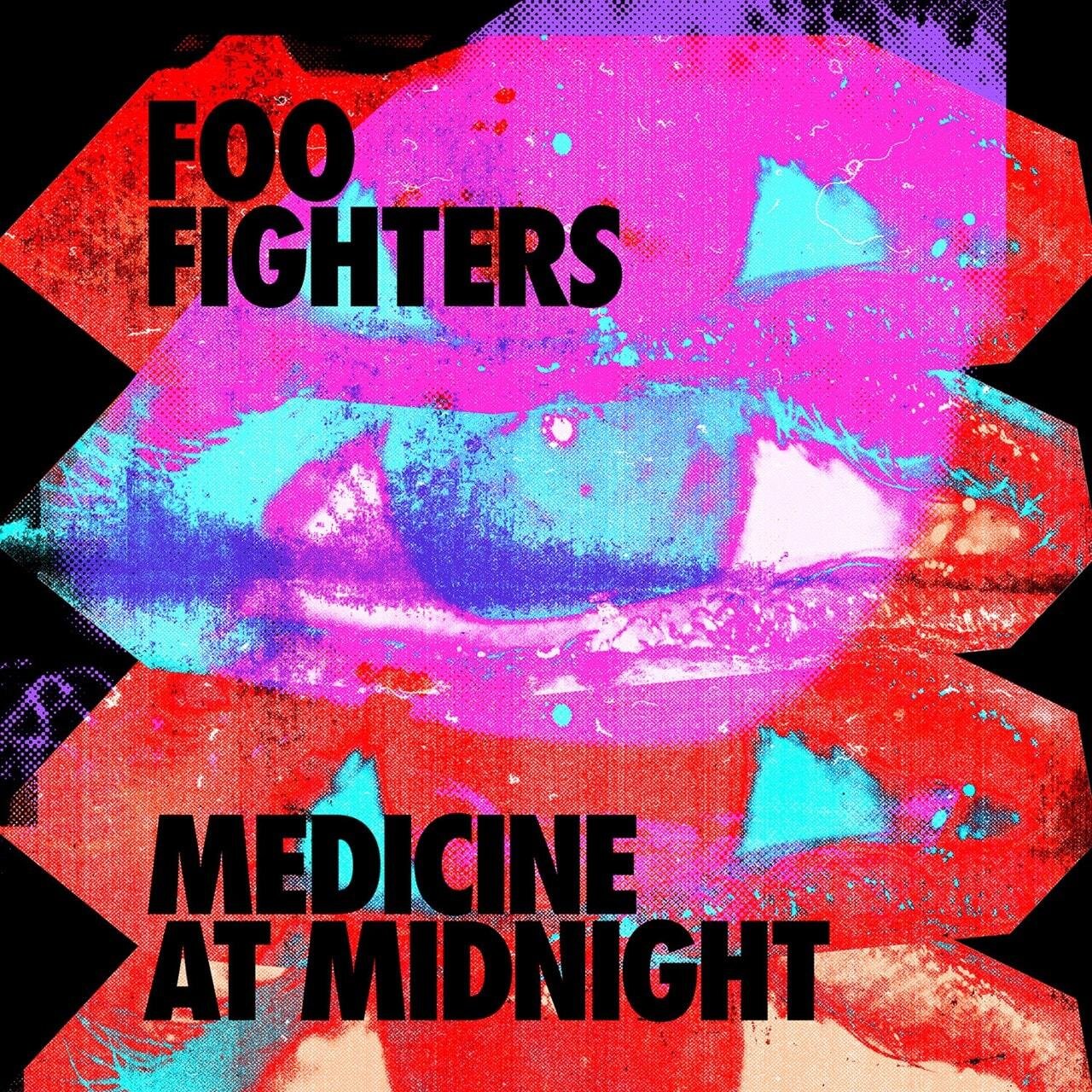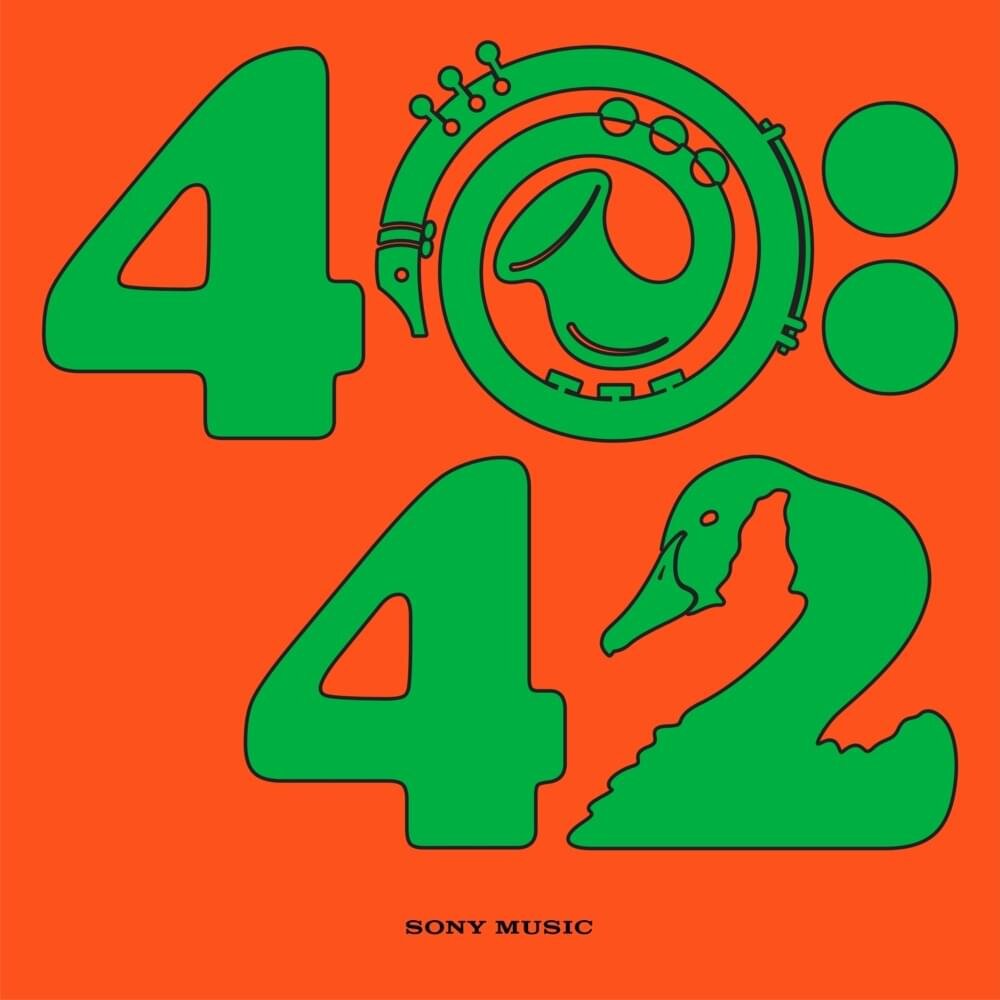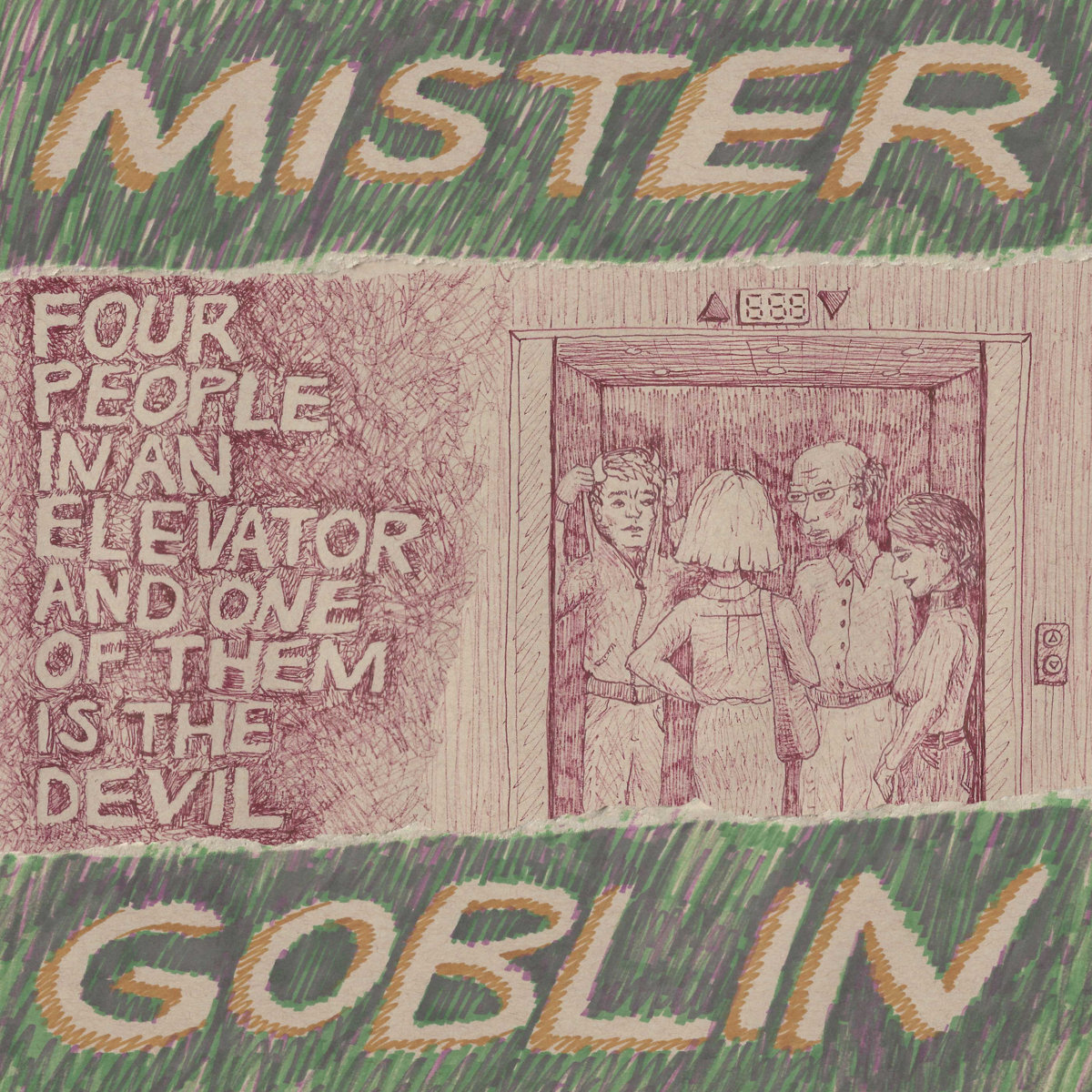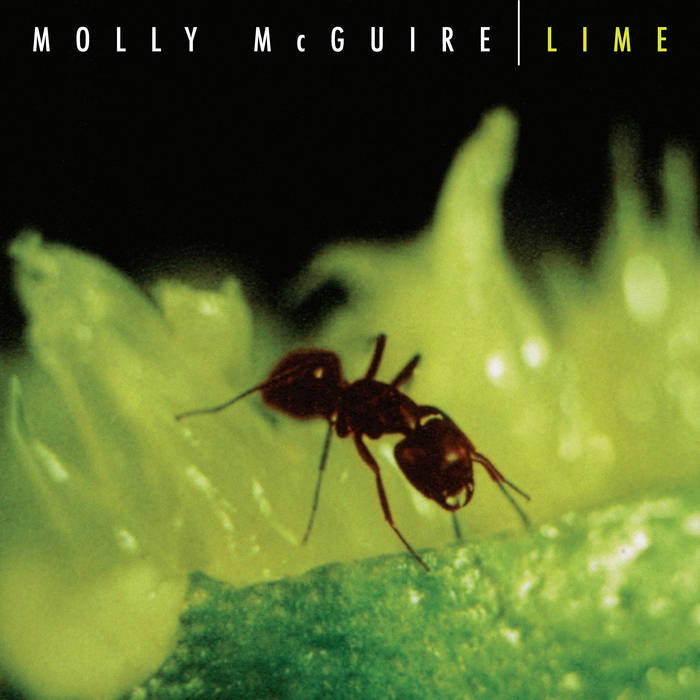Mister Goblin – Frog Poems | Album Review
/Spartan Records
Growing up, I was always too scared to download music illegally. Because of this, a large chunk of my iTunes library was ripped from CDs that I had borrowed either from my older brother or from the public library (I’m not sure about the legality of ripping the latter, but there were no commercials telling me not to do it, so I figured it was fine). Most of the time, I was just grabbing CDs with no real concept of what was on them; as a middle schooler, my depth of music knowledge was pretty shallow, and I was mostly interested in ripping as many things as possible so that I could brag about how many songs I had on my iPod.
During this period there were two CDs that really stood out to me, both taken from my brother. One was The Vines’ 2002 album Highly Evolved. The other was a mixtape made for him by an old girlfriend that was a sampler of hits from poppier 90s alternative bands like Toad the Wet Sprocket and Better than Ezra. On Highly Evolved, I fell in love with the aggression of The Vines, and on the mixtape, I fell in love with the melodic hooks and great pop songwriting on tracks like “All I Want” and “The Freshman”.
I thought back on both of these CDs frequently while listening to Frog Poems, the fourth album from Mister Goblin. Throughout Frog Poems, you find the kind of well-crafted melodies and arrangements that helped make bands like Toad the Wet Sprocket and The Wallflowers radio mainstays throughout the 90s, but with an edge that those groups lacked. There are plenty of bands around right now that pull from this era of alternative, but the way that Mister Goblin mixes these influences with heavier elements taken from post-hardcore and Braid-era emo means what they’re putting out isn’t something you’ve heard before.
The album’s third track, “The Notary,” is a song that stood out to me immediately. It starts with a driving but controlled full band sound before falling away, a softer drumbeat acting as the backdrop for a subdued guitar lead and mellow bass. “I want to be a notary,” bandleader Sam Goblin sings, “so somebody somewhere will always need me.” Goblin continues to opine on the desire to be essential as the song builds back to the intensity of the beginning through its hook before falling away again, leading us into another verse and then another build, this time surpassing where we started.
I’ve always loved songs like this that build, fall away, and then build again; the alternating periods of restraint and outburst make you appreciate each section more than you would with a less dynamic structure. When your songs are as well put together as the ones on Frog Poems, each vocal line and instruments’ part is strong enough to stand alone in this type of deconstruction; “Goodnight Sun,” “Grown Man,” and “Lost Data” all follow a similar path, though the peaks and valleys differ from track to track, which means things never get stale.
Another highlight of Frog Poems that comes through both in production and arrangements are the vocal harmonies. Throughout the softer section of the album harmonies, especially those punching through in the higher register, do as much to contribute to the songs’ depth and width as anything else in the mix. One place this happens is “Mike Shinoda”, a spooky Halloween-themed song about indecision that erupts into fractals of harmony during the final third of the track. The higher harmonies remind me a bit of Nicole Johnson’s vocal work on early Modest Mouse songs like “Head South” and “Interstate 8,” becoming essential without overtaking or diminishing the lead vocals.
When things get heavier on songs like “Run, Hide, Fight” and “Open Up This Pit,” Mister Goblin show that they can deliver fierce sledgehammer power just as adeptly as they can work with reserved finesse. It’s these sections of the album that reminded me of listening to Highly Evolved on the bus home from school and just letting the power and grit wash over me. Sonically, these tracks are far removed from other songs on the record, like the mellow “Goodnight Sun” or the alt-country-tinged “Saw V,” but rather than result in an uneven listening experience, these half-shade genre explorations only make the band's vision feel more singular. If Mister Goblin are a baseball player, they’re prime Yu Darvish: they have a ton of different pitches in their arsenal, and they throw them all well.
Often, when someone is putting together songs with eclectic influences, you can see the stitches; a verse might clearly be “the grunge part” before transitioning into a chorus that is “the pop-punk part.” There’s nothing wrong with this, and it can be fun to see different styles that someone clearly loves set right next to each other in one track, but what I think makes Frog Poems unique is that each song’s mixed influences have been fully incorporated to create new sounds that stand on their own as more than the sum of their parts. The result is an album that feels like a continuation of the music that came before it rather than an homage, a new must-read chapter written in the neverending story of alternative rock.
Josh Ejnes is a writer and musician living in Chicago. You can keep up with his writing on music and sports on Twitter and listen to his band Cutaway Car here.














